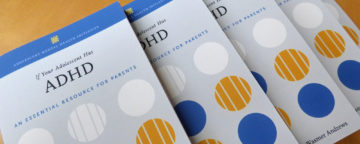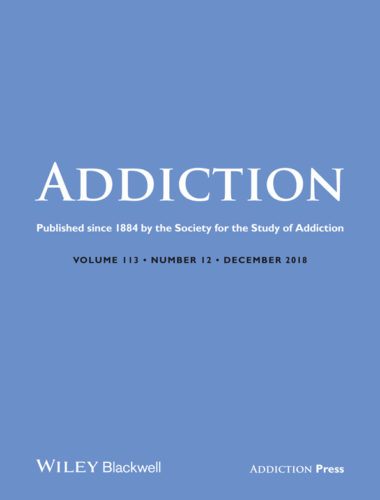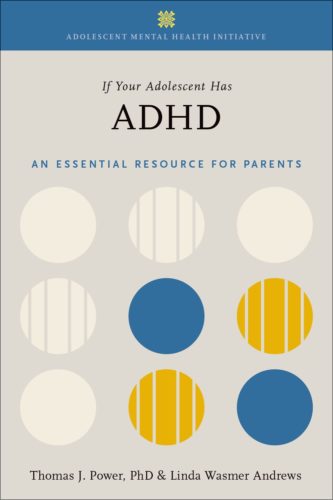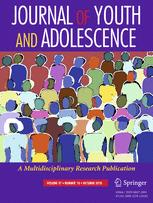"Treating and Preventing Adolescent Mental Health Disorders" is now available to researchers, medical practitioners, and the public as a free e-book on Oxford's website.
Health


Most Teens Avoid Rash, Impulsive Behavior, Study Finds
Only a subset of teens who engage in excessive levels of impulsive behavior, such as acting without thinking, later struggle with addictions or other problem behaviors, a study has found.

‘If Your Adolescent Has ADHD’ Published by Oxford
'If Your Adolescent Has ADHD,' a supportive guide for parents that uses evidence-based approaches to treatment, is the latest book in a series developed under APPC's guidance.

Alarm and Response for Emerging Health Threats: Social Media, News and Zika
Social and news media have different associations with risk perceptions and preventive behavior in an emerging health threat such as Zika, according to new research.

Media Advisory: Recommendations for Reporting on Suicide
For media reporting on the deaths of Kate Spade and Anthony Bourdain, these recommendations for reporting on suicide were developed by mental health, journalism and suicide prevention authorities, including APPC.

Parents Say Gun Violence in PG-13 Movies Appropriate for Teens 15 and Up
Parents are more willing to let their children see intense gun violence in PG-13 movies when the violence appears “justified,” used to defend a loved one or for self-protection, than when it has no socially redeeming purpose, a new study finds.

Social Media Can Complement Surveys on Public Health Issues
An analysis of Twitter posts during the Zika outbreak in 2016 shows a correlation between Twitter topics and the results of nationwide U.S. surveys, according to researchers at APPC and the University of Illinois.


